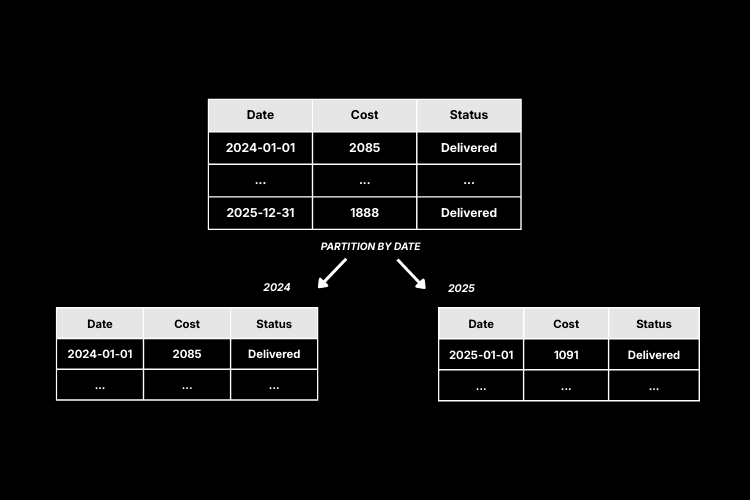Introducing dbt Cloud & Weld! 💥
We're excited to announce that Weld now integrates with dbt Cloud! This update allows data teams to manage data workflows from extraction to transformation more efficiently.
Why dbt Cloud?
With dbt Cloud integration you can set up triggers for dbt jobs to start automatically after Weld pipelines finish, ensuring smooth data processing without manual steps. Plus, dbt’s version control and reusable code make it easier to maintain consistency across projects and handle complex transformations.
-
Smooth workflow automation: With this integration, you can set up triggers for dbt jobs to start right after Weld pipelines finish, keeping your data processing continuous without manual steps.
-
Consistent transformation processes: dbt’s version control and reusable code functions allow your team to maintain consistency across projects. Track changes, reuse components, and manage transformations effectively while applying data standards across the board.
-
Ideal for growing data teams: dbt’s advanced transformation tools provide the flexibility and depth larger teams need, making it easy to handle complex transformations and create scalable workflows.
Getting started with dbt Cloud integration in Weld

Setting up dbt Cloud in Weld is quick. Here's an overview of the steps:
-
Locate your API Region: Identify your dbt Cloud API server region based on your account settings or URL.
-
Generate a Token: Create a service account token in dbt Cloud with appropriate permissions.
-
Configure in Weld: Go to Weld's Settings > External Tools, select dbt Cloud, and enter the necessary details.
Read more in our full step-by-step guide.
Do you need to implement dbt integration?
For many teams, Weld's capabilities alone are a perfect fit for managing data extraction and pipelines. However, for companies with specific needs, integrating dbt with Weld can enhance data workflows even further. Here's when dbt might add extra value:
Larger, distributed data teams: If your team requires more advanced collaborative tools, dbt's features like GitHub integration and version control can help teams align on transformations while still using Weld for seamless data extraction and pipeline management.
Organizations with complex transformations: While Weld's transformation layer is powerful, dbt offers additional options for teams working on highly specialized or large-scale transformations. For these cases, dbt's reusable code and macro functions make complex transformations more manageable and structured.
Organizations focused on strict data standards: For companies where maintaining uniformity and precision across data projects is essential, dbt adds tools that make it easier to implement standardized transformations. Using dbt alongside Weld allows teams to maintain quality and control while keeping processes efficient.
For most teams, Weld is designed to handle data workflows end-to-end, and dbt can complement these workflows when more specific transformation requirements arise.












